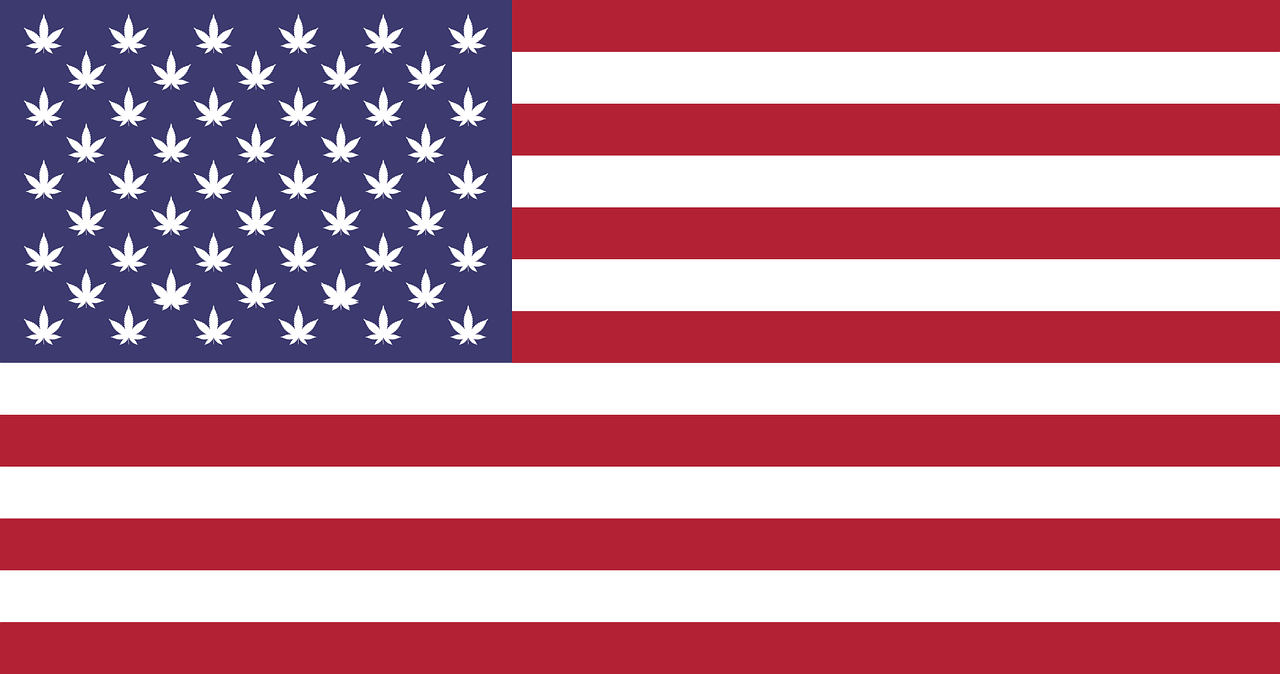
The Ramifications of Piecemeal State Laws on Marijuana, Hemp, and CBD
It’s no secret that state laws about marijuana, hemp, and CBD are everywhere. What you might not realize is that only seventeen states classify marijuana use as fully illegal and criminalized. That sounds like significant progress, but the truth is piecemeal laws can cause significant problems.
You might think that if you want to use marijuana or start a hemp or CBD business, you can simply go to a state where it’s entirely legal, but it’s not that easy. A simple step across state lines can have serious consequences — or you might face problems on a federal level.
What happens when we don’t have overall federal legalization of marijuana and CBD? Let’s take a look.
Issues With Shipping
How do you get a load of hemp from Colorado to Oregon? Most companies ship it over the road, driving from one location to another.
Unfortunately, that puts you in several states that don’t have the legal freedoms of Colorado or Oregon. Several drivers found that out the hard way when they were arrested in Idaho for transporting illegal substances.
They weren’t shipping pot plants or smokable marijuana. It was industrial-grade hemp, which doesn’t induce a high. It’s a source material for textiles, bioplastics, and paper products. However, hemp, CBD, and marijuana are unfairly lumped together.
The drivers were sentenced to time served but now have criminal records. The company owning the hemp has sued for damages, but it’s unclear if the state of Idaho will be held responsible.
A business operating legally in one state that wants to move products to another legal state should be able to. But, unfortunately, due to piecemeal state laws, it can’t.
Uneven Legal Enforcement
The police have a lot to do, and many departments understand that prosecuting non-violent crimes like minor marijuana possession isn’t worth their time. As a result, they often don’t enforce their state’s CBD and marijuana laws.
CBD oil is a perfect example. With the 2018 Farm Bill passage, hemp-derived CBD became legal federally as long as it contains 0.3% THC or less. However, each state can set their own THC limits, and therefore, state laws vary. Many states ban the sale of CBD oil even if it is THC-free. This can be challenging to enforce, and even in states where it’s technically illegal, stores operate selling CBD.
The risk is that local prosecutors could change their minds at any time. Those who choose not to enforce CBD laws today could crack down tomorrow, meaning that therapeutic CBD oil sellers and users are always at risk of criminal prosecution.
There’s no reason that THC-free CBD should be illegal, but each state has the right to make its laws. Unfortunately, that leads to uneven freedoms even when the substance is federally legal.
Conflicts With Federal Law
One of the reasons it’s not easy for recreational marijuana users to simply stay in legal states is that pot legalization is currently at odds with federal law. Even though medical marijuana is legal in most states, federal employees using medical marijuana can lose their job.
Tourists who use marijuana legally in Colorado, California, or other states face arrest or revocation of their visas when they travel. In addition, federal agents will search cell phones for images and text messages that indicate marijuana use and jail those who admit to legally consuming pot. The charge is an aggravated felony, which may prevent them from ever revisiting the U.S.
Immigrants are also denied naturalization and citizenship due to marijuana consumption that would be perfectly legal for any citizen. Even CBD can cause a refusal unless it is made legal on a federal level.
Companies operating legally in their states in the marijuana or hemp industry can’t sponsor workers from overseas because their business is illegal federally.
These disparities make it difficult for completely legal businesses to operate freely.
Where Are We on Federal Legalization?
Currently, marijuana is classified as a Schedule 1 drug, meaning that federal leaders believe it has “a high potential for abuse, no currently accepted medical use in treatment in the United States, and a lack of accepted safety for use under medical supervision.”
Of course, that’s completely ridiculous — the reason over 30 states allow medical marijuana is because studies show how incredibly effective it is as a therapy for cancer, chronic pain, and more.
The Biden Administration should give us a step forward on legal marijuana, especially because Republicans no longer control the Senate. The House of Representatives has included federal marijuana decriminalization in various bills over the past few years, but none have passed the Senate so far.
With many states allowing the unrestricted use of marijuana and even more allowing for therapeutic medical consumption, it’s beyond time to even out state laws with overriding federal legalization.
Public Opinion and Revenue Generation
That would give freedom to everyone from tourists and immigrants to truckers and business operators. Hopefully, we’ll see this change soon.
Right now, the conditions for change are about as good as they can be. Overall, public opinion is broadly in favor of cannabis legalization, at least for medical purposes. Of course, there are still some opponents, but that’s always the case on any topic. Moreover, there is increasing scientific evidence backing up the medical benefits of cannabis, and, quite bluntly, there is a growing financial case for legalization.
COVID19 has been hugely damaging to the global economy in general and the U.S. economy in particular. As a result, tax rises are all but inevitable. The only question is what form(s) they will take. Making cannabis fully legal would open the door to taxing cannabis companies across the U.S. in the same way as any other industry. Right now, that’s a very attractive prospect for cash-strapped states and the federal government.






